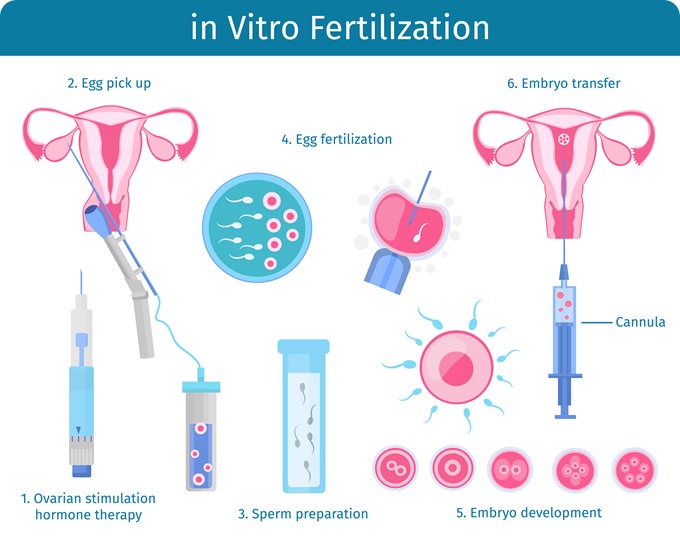Source: Thailand Medical News Nov 28, 2019 6 years, 2 months, 4 weeks, 1 day, 6 hours, 44 minutes ago
Eventhough
epigenetic disorders ie diseases caused by faulty gene expression are rare overall, babies born using fertility treatments have up to an 11-fold higher risk of inheriting them. According to a new study from the Magee-Womens Research Institute (MWRI), the problem likely lies with the technology, not the mother’s age.

The recent study found that
fertility treatments caused
epigenetic changes associated with Beckwith-Wiedemann, Silver-Russell and Angelman syndromes in mouse embryos. Surprisingly, maternal age itself had no such effect.
Lead author Audrey Kindsfather, a medical student researcher at MWRI told
Thailand Medical News, “Women of advanced maternal age might have one less thing to worry about. We need clinical studies to back that up, but this is a promising animal model that clinical studies could be based on.”
Females are increasingly delaying childbirth, and as a woman ages, so does her reproductive system. The odds of conception go down, while the odds of
genetic disorders, such as Down syndrome, go up.
Typically, maternal age might increase the odds of
epigenetic disorders too, the researchers reasoned, which could explain the higher incidence of these rare diseases among children born through
fertility treatments, since women using these technologies tend to be older. To dissociate these factors, the scientists turned to mice.
Audrey Kindsfather and her team grouped female mice by age, ranging from adolescence to the mouse equivalent of a 45-year-old woman. Some of the mice in each age group had hormone injections to kick ovulation into high gear or their embryos cultured in a Petri dish, procedures commonly involved in fertility treatments while control mice conceived naturally.
Subsequently, the researchers quantified
epigenetic changes in the mouse mothers’ embryos by measuring the amount of DNA methylation – molecular locks – clasped around genes associated with epigenetic disorders, preventing them from being expressed.
It was found that hormone therapy and embryo culture both disrupted DNA methylation in these critical spots. When these two procedures were used in combination, the effects were even stronger.
On the other hand, maternal age had no impact on DNA methylation patterns around these
genes.
Senior author Mellissa Mann, Ph.D., principal investigator with MWRI and associate professor of obstetrics, gynecology and reproductive sciences at the University of Pittsburgh. Commented, “It wasn’t what we were expecting,” “We know that as a woman ages, there are a lot of molecular changes happening to her eggs, so we thought that these changes could be leading to abnormal DNA methylation. We were quite surprised that it didn’t.”
Eventhough
fertility treatments have come a long way since the first “test-tube baby” was born over 40 years ago, this study highlights that there’s still room for improvement. “These
are wonderful technologies, but not the same as spontaneously conceiving,” Kindsfather said. “Lots more research needs to be done to improve
fertility treatments.”
Reference :Kindsfather et al. (2019) Perturbations in imprinted methylation from assisted reproductive technologies but not advanced maternal age in mouse preimplantation embryos. Clinical Epigenetics. DOI: https://doi.org/10.1186/s13148-019-0751-9 